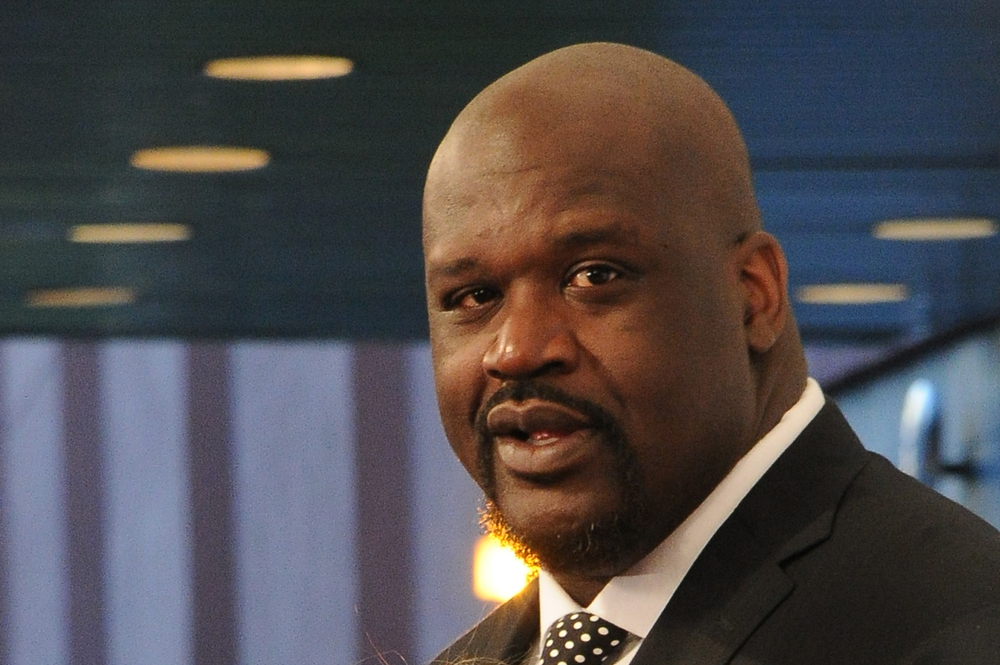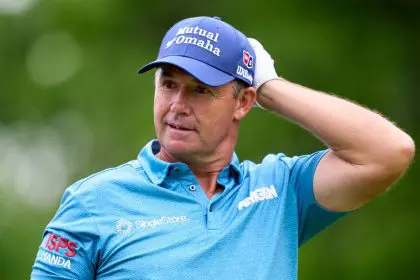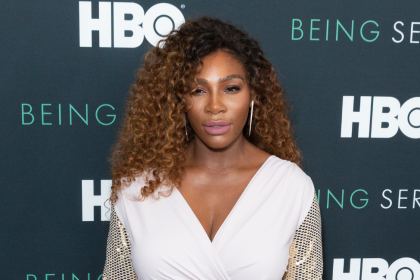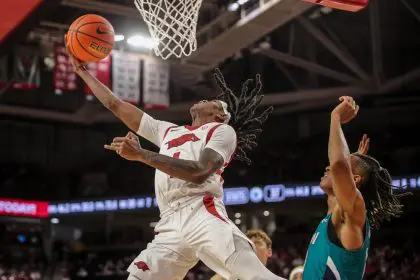The basketball legend’s approach to vulnerability in relationships raises concerning questions about modern masculinity and intimacy.
Shaquille O’Neal’s recent appearance on The Pivot Podcast has ignited a firestorm of debate about emotional expression in relationships. The Hall of Fame center’s rigid stance against sharing feelings with romantic partners reflects a broader cultural tension surrounding masculinity, vulnerability and the expectations placed on men in intimate relationships.
The four-time NBA champion’s philosophy centers on what he perceives as necessary emotional stoicism. When asked about checking in on his well-being, O’Neal dismissed the notion entirely, insisting he remains fine regardless of circumstances. This mindset extends deeply into his romantic relationships, where he categorically refuses to share emotional struggles with partners.
His reasoning stems from a belief that revealing personal difficulties would create additional burdens for his significant other. Rather than viewing emotional sharing as a pathway to deeper connection, O’Neal frames it as an unnecessary complication that transforms one person’s bad day into two people’s problems.
The weight of family responsibility
O’Neal’s emotional walls didn’t emerge in a vacuum. The death of his father marked a pivotal transformation in his identity, as he assumed the role of family patriarch. This transition came with what he describes as the weight of running the show for his entire family unit.
The responsibility extends beyond financial provision to encompass emotional leadership. In O’Neal’s worldview, maintaining strength and stability requires suppressing personal struggles to ensure family security. This perspective positions emotional expression not as healthy communication but as a potential threat to family welfare.
Tragic losses have reinforced this philosophy. The deaths of his sister Ayesha Harrison Jex and former teammate Kobe Bryant left O’Neal with profound regrets about unexpressed affection. Rather than motivating increased emotional openness, these experiences seem to have strengthened his resolve to prioritize others’ needs over his own emotional processing.
The basketball icon’s approach reflects traditional masculine ideals that equate emotional expression with weakness. This mindset, while perhaps protective in some contexts, creates significant barriers to intimate connection and personal growth.
Relationship consequences and public scrutiny
Shaquille O’Neal’s emotional philosophy has faced intense scrutiny, particularly regarding its impact on his marriage to Shaunie Henderson. The couple’s 2010 divorce followed a tumultuous relationship marked by infidelity and communication challenges that many observers link to O’Neal’s emotional unavailability.
Public reaction to his podcast comments has been overwhelmingly critical. Social media responses range from suggestions for therapy to broader critiques of toxic masculinity. Critics argue that his inability to share emotions may have directly contributed to his marital difficulties and represents an outdated approach to partnership.
The former Lakers star has acknowledged his failures as a husband, taking responsibility for infidelity and emotional shortcomings in his marriage. However, his continued adherence to emotional suppression suggests limited growth in understanding how vulnerability contributes to relationship success.
Shaunie Henderson’s own reflections on their marriage provide additional context. Her admission about questioning whether she was ever truly in love with O’Neal highlights the complex dynamics that emerge when emotional intimacy remains absent from romantic partnerships.
Broader implications for modern masculinity
Shaquille O’Neal‘s stance represents a significant segment of men who struggle with emotional expression in relationships. Cultural messages that equate masculinity with stoicism continue to influence how men approach vulnerability, often to the detriment of their relationships and mental health.
The basketball legend’s philosophy raises fundamental questions about partnership expectations. Contemporary relationship research consistently demonstrates that emotional intimacy serves as a cornerstone of lasting romantic connections. Partners who share vulnerabilities typically report higher satisfaction and stronger bonds than those who maintain emotional distance.
Mental health professionals increasingly recognize the dangers of suppressing emotions, particularly for men who face societal pressure to appear invulnerable. The correlation between emotional suppression and various health issues, including depression and anxiety, suggests that O’Neal’s approach may harm both individual well-being and relationship quality.
His perspective also reflects generational differences in approaching emotional expression. Younger generations increasingly embrace vulnerability as strength rather than weakness, creating tension with traditional masculine ideals that O’Neal seems to embody.
The debate surrounding O’Neal‘s comments extends beyond individual relationships to broader cultural conversations about redefining masculinity. As society evolves toward greater emotional intelligence and authentic communication, his stance appears increasingly anachronistic.
The path forward
O’Neal’s emotional philosophy, while perhaps serving protective functions in his personal experience, represents a concerning approach to intimate relationships. The notion that sharing struggles burdens partners fundamentally misunderstands how healthy relationships function.
Effective partnerships require mutual support, including the ability to process difficulties together. When one partner consistently refuses emotional vulnerability, the relationship becomes imbalanced and ultimately unsustainable.
The basketball icon’s influence extends far beyond sports, making his perspectives on relationships particularly significant. His platform provides opportunities to model healthy emotional expression for millions of fans who may struggle with similar issues.
Moving forward, the conversation around O’Neal’s comments should focus on encouraging emotional growth and challenging outdated masculine stereotypes. True strength in relationships comes not from suppressing emotions but from having the courage to share them with trusted partners who can provide support and understanding.
The ultimate question remains whether O’Neal will reconsider his approach to emotional expression or continue adhering to a philosophy that appears to have cost him meaningful connections in the past.















